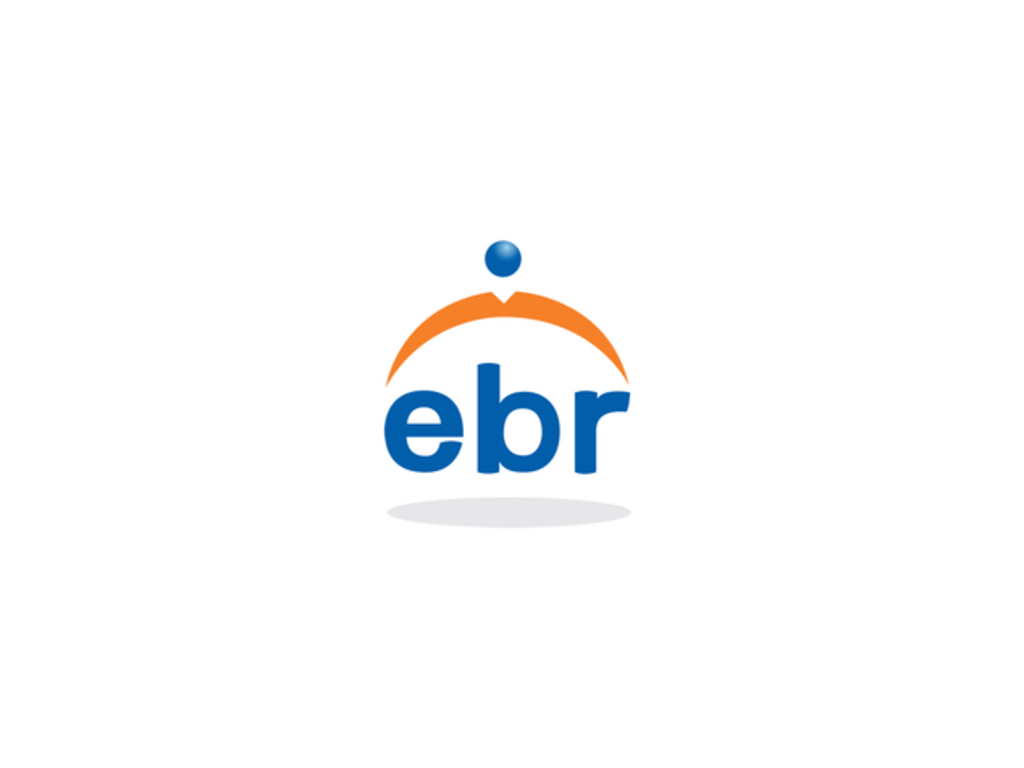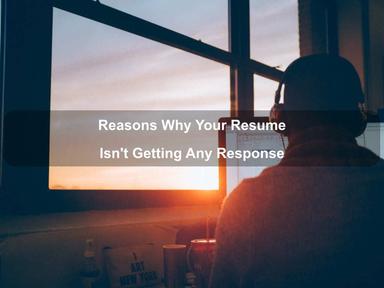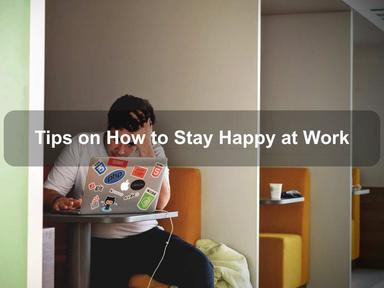published: 07 Dec 2019
3 min read | website: www.ebr.com.au
It is normal, and expected, for one to have butterflies before a pitch or a presentation. The fear often associated with giving presentations is created from our natural fight or flight instinct, which means that unless this fear is controlled, it would be difficult for you to give an effective and engaging presentations. However, there is a number of great tips and techniques to help you give a great presentation.
Fake it until you make it: Numerous research studies have shown that the method of posing in a confident and dominant posture helps you adopt a more confident attitude. So when you practice your presentation, make sure you work on your posture, stand up straight, have your arms open and not crossed, look forward and stand with your legs slightly apart. This body posture will help you feel more confident, and even if it does not work, it will still make you seem confident to your audience. The more confident you look, the more convincing you will be to your audience.
Practice, practice and more practice: The importance of practicing your presentation cannot be stressed enough, particularly if you are not confident with your presentation skills. Often, people with an accent or people who speak too fast would benefit from practice as it allows them to identify the areas where they often do not speak clearly in and work on it. Practicing also allows you to memorise certain parts of the presentation, which may benefit you if you are worried about blanking out.
Get familiar with the environment: If you can, go to the place where you will be giving your presentation. Stand at the spot you will be presenting and practice speaking there. Your familiarity with your environment will help ease your nerves and therefore give more effective presentations.
Meet the people: If you can, try to meet a few people who you are presenting to. Often, many nervous presenters are worried about what others will think of them, whether they will be judgmental and criticise them. In reality, many viewers would sympathise towards nervous presenters, and judgement is usually not as high as presenters would usually expect. So by meeting a few people in the audience, you can understand whether or not they are the type of people who will judge you harshly, and from then you can feel more confident about your presentation.
Pause and take deep breaths: Nervous presenters always have a tendency to speak faster than usual. However this is a very ineffective way of communicating to your audience. Since the primary purpose of presentation is to send a message across, you want to be able to do this in the most effective way possible. So always work on pausing and taking deep breaths when you speak. Doing this will help you speak slower which allows you to communicate your message to your audience better, which makes your audience understand you more clearly.

Are we missing something? Help us improve this article. Reach out to us.
















